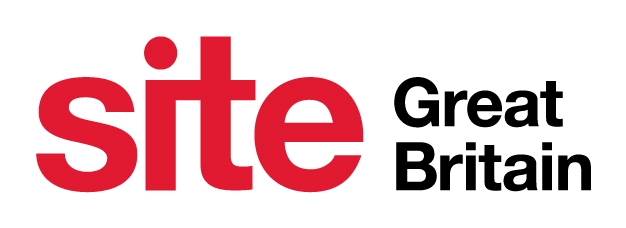
Is the traditional incentive travel programme dying? That was the provocative question debated by event industry leaders at the recent SITE GB Leaders Retreat at Cowdray House in West Sussex.
The board of SITE GB gathered MDs of incentive agencies including Top Banana, Strata, Goose Live and Nteractive alongside senior representatives from global luxury hotel brands, DMCs and destinations to discuss the evolution of incentives at the residential event, which included engaging content sessions, a polo experience and fireside dining set within the estate’s woodland.
After a welcome lunch, corporate panellists shared their views on how incentives are changing in a session facilitated by Times Ten founder, coach and facilitator, Zoe Tuffs, which was followed by a workshop session where participants broke into groups, shared insights and collaborated on solutions to the challenges faced by the incentive market.
Here are some of the key takeaways…
Semantics matter
The semantics of the word incentive can be challenging internally for some corporates, particularly those with ethics departments or in highly regulated industries like financial services, while the word ‘incentive’ itself means different things to different people.
One of our panellists said she now adapts her language depending on who she is talking to internally. “The word incentive is challenging for our ethics department, but if you speak to our colleagues in HR who are using sales incentives to drive recruitment of high performing individuals into the business, they think incentives are great and want to publicise the fact that we run them.”
Financial services companies don’t tend to run traditional incentive travel programmes due to FCA regulations, but another of the panellists who freelances in the sector said that they do value the importance of human connection and bringing people together in a ‘soft business environment’ to build relationships. “What is the definition of incentives? I think it can change depending on the sector. Are incentives now just masquerading as different types of events that drive behaviour change, performance or loyalty?”
Meanwhile, one agency shared that they had renamed their incentives department as ‘reward and recognition’ to stay in tune with the changing demands of corporate clients and their employees during and post-pandemic and wider socio-economic climate.
Incentive programmes are not dying but adapting
While there are threats to incentive travel programmes, from the increased focus on ESG to the impact of the economy and rising costs, our workshop groups all concluded that incentives are evolving rather than dying.
The workforce has changed since the pandemic. It’s a new, younger, workforce, and these employees now have a stronger voice and different needs. They are demanding more flexibility and freedom in how they are recognised and rewarded for their hard work. One agency shared how a client had surveyed its incentive participants and found that 40% would rather not to go on an incentive trip, while another shared how the younger generations are choosing different rewards.
We discussed how agencies need to get better at designing programmes aligned with their client’s brand values, show fresh ideas and original thinking at every stage of planning and delivery (instead of repurposing programmes) and provide more choice to represent the more diverse workforce.
The three Rs
The three Rs – reward, recognition, and retention – are more important than ever in every sector, and as a result, incentives are shifting away from traditional sales-led programmes, where top performers are incentivised with a trip for hitting targets, to more inclusive programmes focused on behavioural change.
This can create more challenges, as those softer targets are harder to measure. But agencies can and should be helping clients with setting strategic objectives and collecting valuable quantitative and qualitative data and insights to measure outcomes and prove the benefits of incentives to internal stakeholders. As one of our corporate panellists said: “If I am talking to my finance manager about an incentive, what they want to know is, if we spend this money, what percentage of staff am I going to retain?”
Agencies and suppliers need to work as true strategic partners to corporate clients with full transparency, focus on the strategic business objective, and ask the right questions to really understand the needs of incentive audiences.
Creating a ‘Choice Architecture’ will become an increasingly important to designing incentive programmes in the future. We need to start building meaning into each programme and sell in the benefits beyond the trip itself to both stakeholders and participants such as how they help reduce silos, provide valuable face time with the CEO, and drive loyalty and retention.
The big opportunity in this post pandemic world is that people value experiences over material things, and that is where the opportunity for growth lies.
And don’t forget the fourth R – RELEVANCE! We must understand how to make the programmes we design relevant, to the audience, to the business, to the outcomes.
